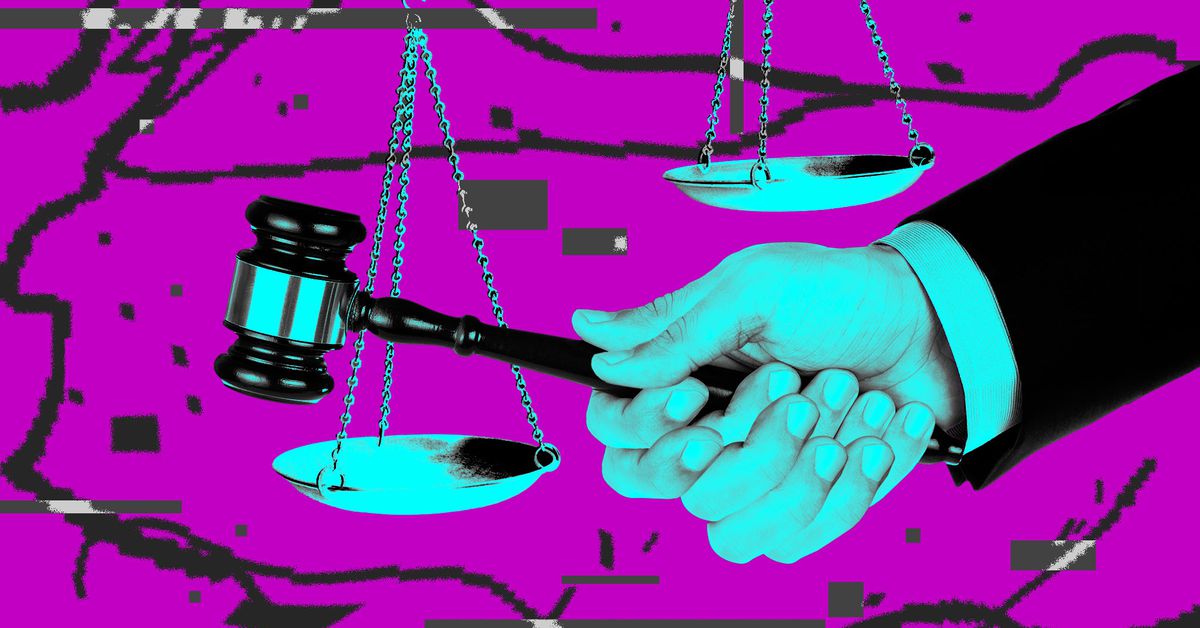A bipartisan group of senators introduced a new bill to make it easier to authenticate and detect artificial intelligence-generated content and protect journalists and artists from having their work gobbled up by AI models without their permission.
The Content Origin Protection and Integrity from Edited and Deepfaked Media Act (COPIED Act) would direct the National Institute of Standards and Technology (NIST) to create standards and guidelines that help prove the origin of content and detect synthetic content, like through watermarking. It also directs the agency to create security measures to prevent tampering and requires AI tools for creative or journalistic content to let users attach information about their origin and prohibit that information from being removed. Under the bill, such content also could not be used to train AI models.
Content owners, including broadcasters, artists, and newspapers, could sue companies they believe used their materials without permission or tampered with authentication markers. State attorneys general and the Federal Trade Commission could also enforce the bill, which its backers say prohibits anyone from “removing, disabling, or tampering with content provenance information” outside of an exception for some security research purposes.
(A copy of the bill is in he article, here is the important part imo:
Prohibits the use of “covered content” (digital representations of copyrighted works) with content provenance to either train an AI- /algorithm-based system or create synthetic content without the express, informed consent and adherence to the terms of use of such content, including compensation)



It could halt the progress of improving their models and stagnate the whole technology.
That being said, it only halts progress for American companies. Other countries will happily ignore this law and grow beyond our capabilities. I’m not sure if that’s better or worse than the current situation.
Reminds me of Russia before WWI began. They realized they had fallen horribly behind the rest of the world in terms of military technology, so they called an arms limitation treaty conference where they pushed for basically every country in the world to agree to stop inventing any new weapons of any kind.
How’d that work out for them? Answer? Not well. History repeats itself, so here we go!
From what I understand the next rounds of ai are being trained on further refined versions of the same datasets and supplemented with synthetic data.
The damage to existing copyrighted content is already done.
Source: I’m a random internet user
It’s all still there. No damage was done.
Well, perceived damage anyway. I can’t speak to how IP owners have been effected by LLMs, and I don’t believe it would be easy to quantify.